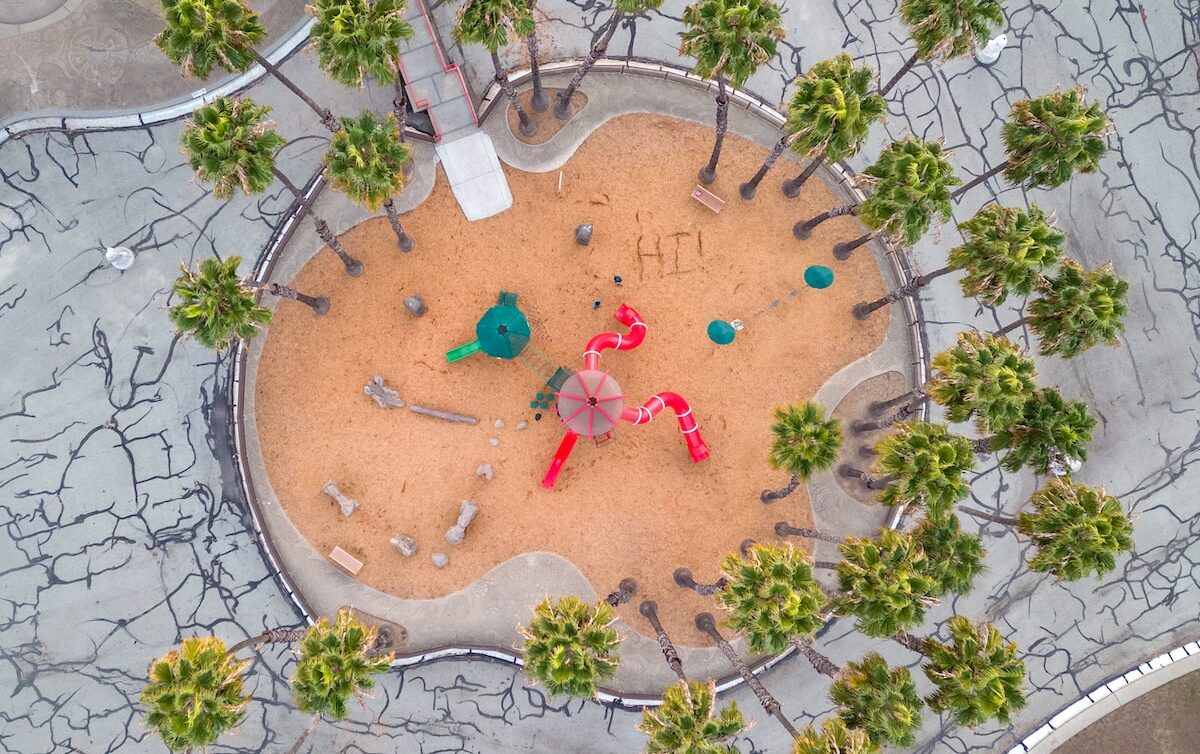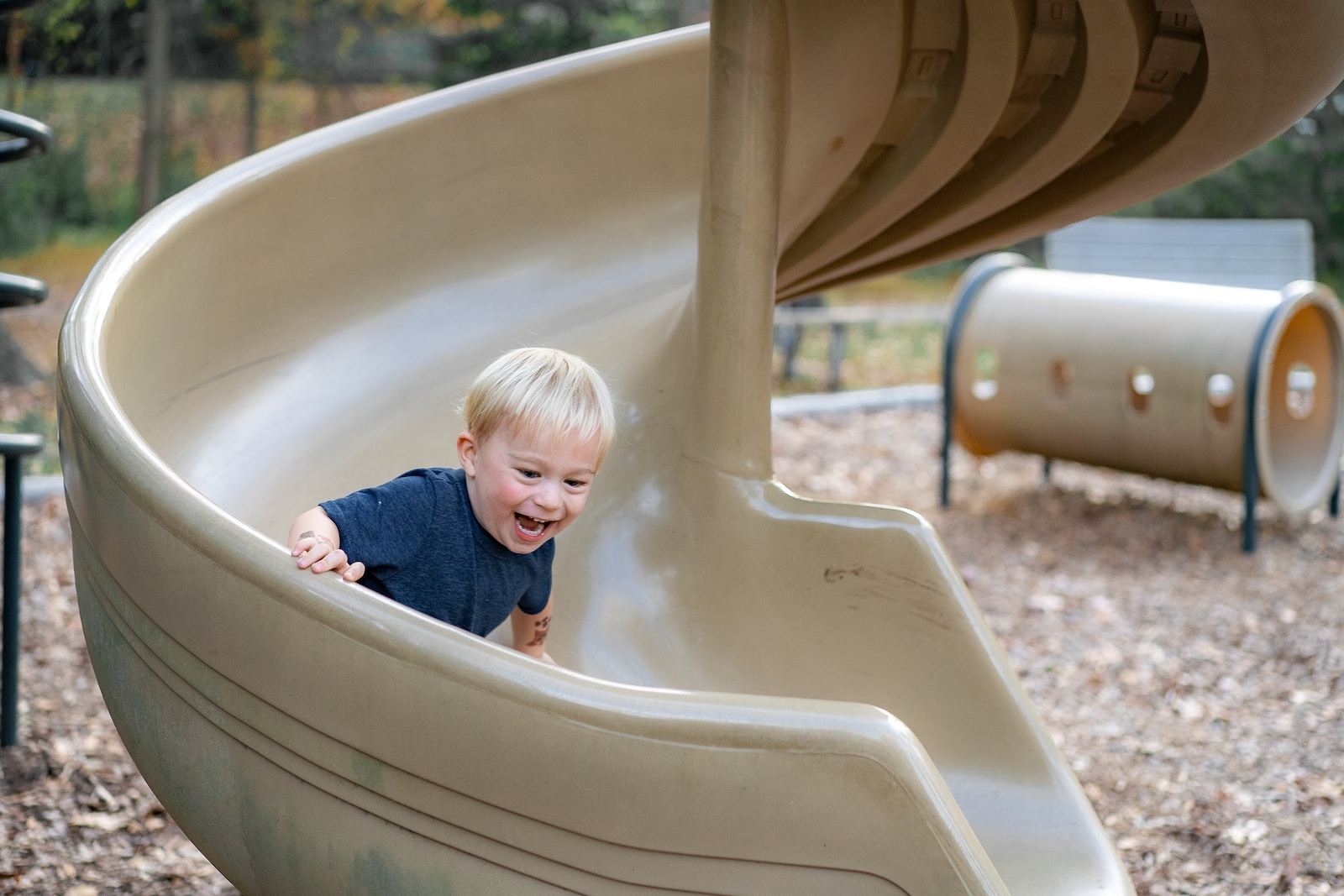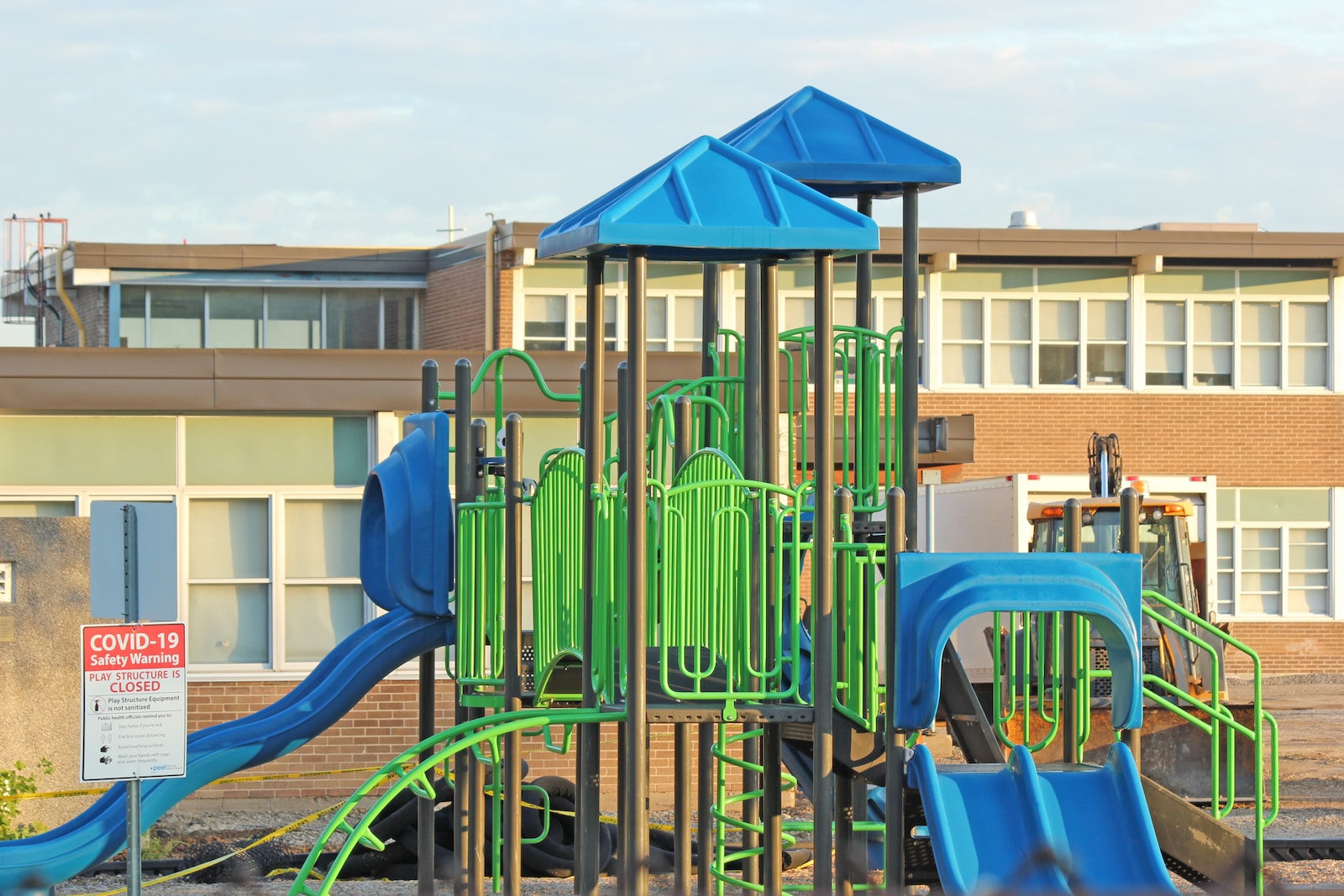Abstract
In 2018 well-being was restored as a key purpose of New Zealand local government. Well-being is a multi-faceted concept, but play is undoubtedly an important component of it, and therefore intimately linked with the work of local government. Traditionally, local government strategies, policies, and services relating to play have focused on parks, playgrounds, and formal sport and recreation facilities, and overlooked risky play. A rethinking of what constitutes play, understanding the value of risky play, and where this play can and should occur (i.e., in locations outside of formal/traditional play spaces) is necessary to meet the statutory requirements of the four well-beings and support children’s holistic growth and development. Coinciding with the reinstatement of the four well-being’s, Hamilton City Council (HCC) developed the country’s first Play Strategy, and Sport NZ developed a national vision for play involving investment into local government to develop play advocacy roles. This article draws on the author’s first-hand experiences pioneering the first play advocate role tasked with activating the HCC Play Strategy. It introduces a play case study that led to the development of a novel design approach – Play Opportunities Through Environmental Design (POpTED) – aimed at achieving creative city-wide play enablement beyond traditional playgrounds. The article demonstrates how the strategies of national and local government in New Zealand are being established to help children have different kinds of play experiences than previously afforded to them; enabling the re-examination of organisational risk appetites to support play concepts that enable children to experience their own self-managed risks.
Journal: Journal of Outdoor and Environmental Education
Year: 2023



